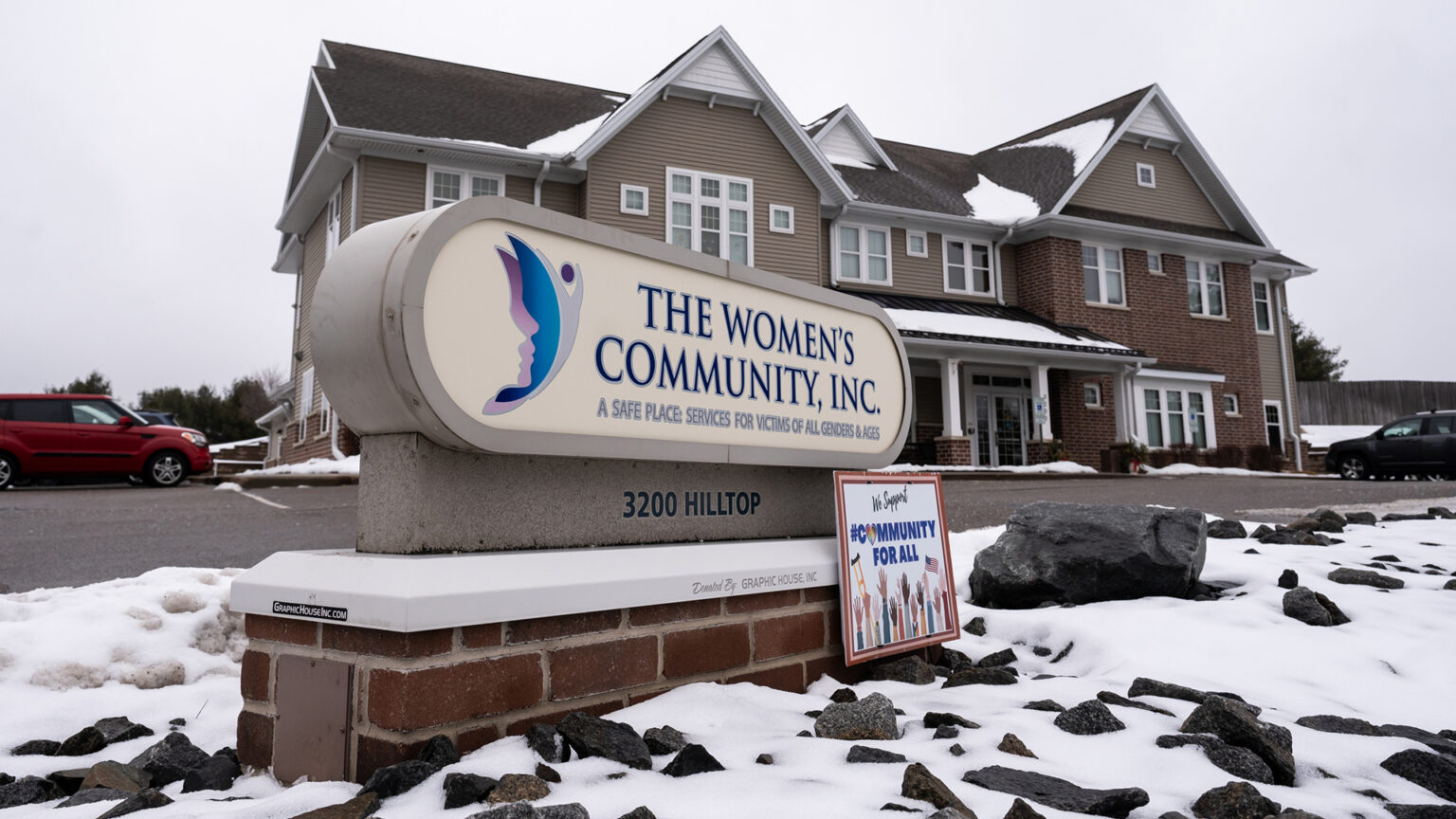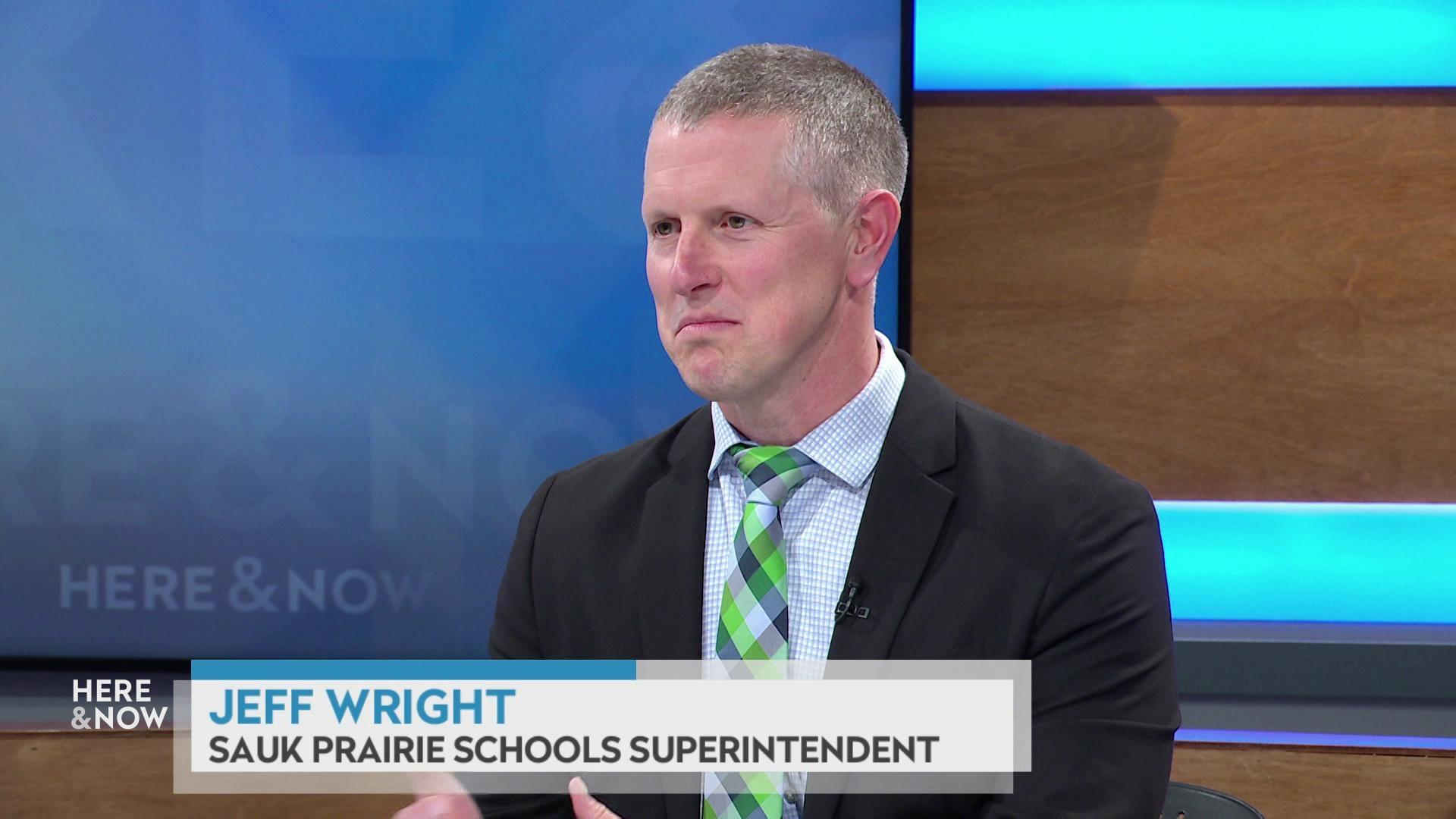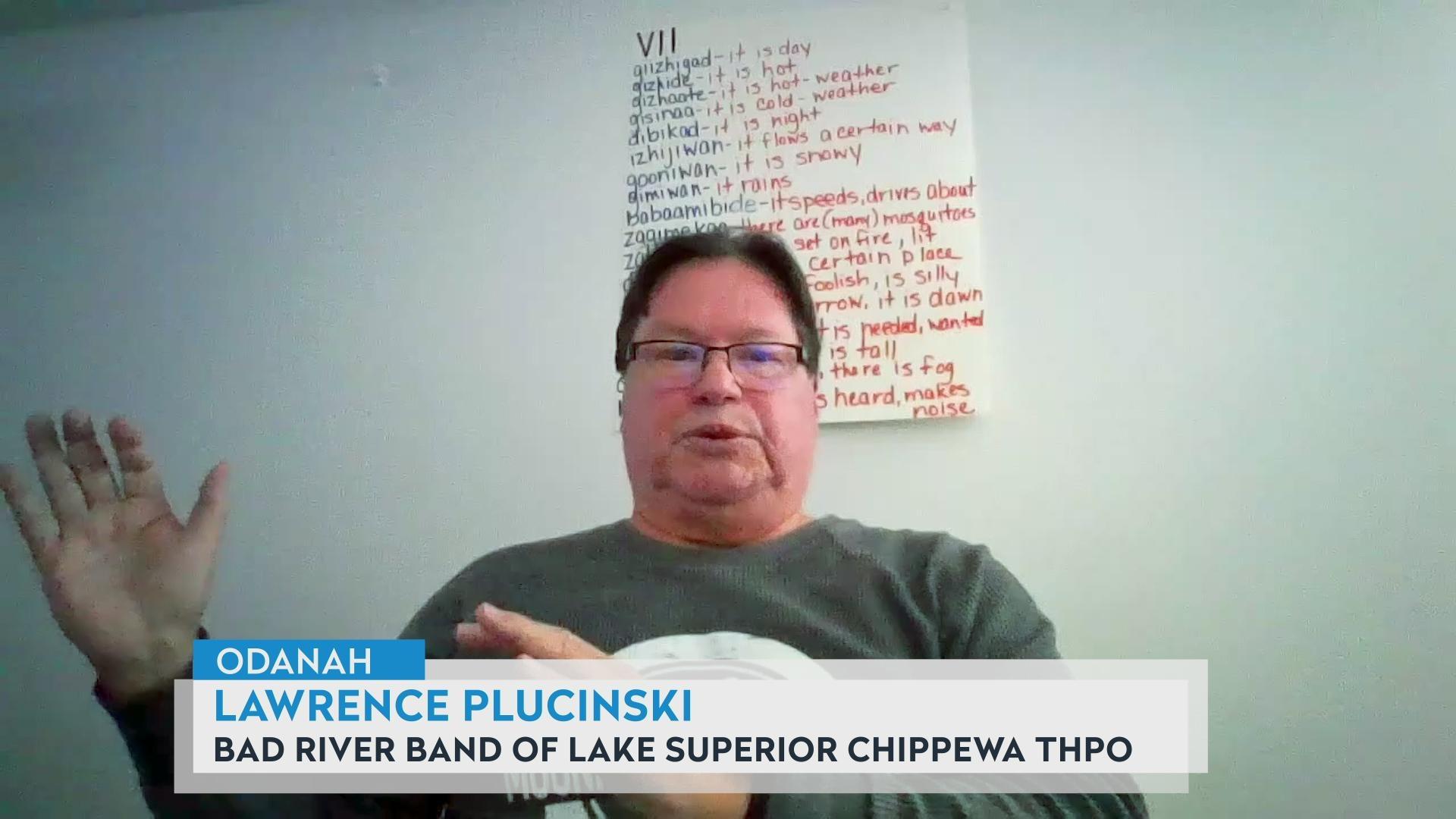Wisconsin sees promise in providing 'housing first' support for domestic violence survivors
Nine organizations across the state are participating in a pilot project scheduled to last through 2025 that will move domestic violence survivors into safe, stable housing as soon as possible, with more access to resources to help them rebuild their lives.
Wisconsin Watch
July 30, 2024

The Women's Community, Inc., is a Wausau-based nonprofit that serves domestic violence and trafficking survivors. It offers culturally specific safe housing services, counseling and representation in mediation processes to Hmong women who experience domestic violence. (Credit: Kara Counard for Wisconsin Watch)

This article was first published by Wisconsin Watch, a nonprofit, nonpartisan newsroom.
A $7.4 million pilot project in Wisconsin is helping domestic violence survivors in traditionally underserved communities overcome housing and financial barriers that prevent survivors from leaving abusive partners, researchers say.
In December 2021, the Wisconsin Department of Children and Families granted nine organizations funding to offer services to domestic violence survivors through a “housing first” model that moves them into safe, stable housing as soon as possible, with access to resources to rebuild their lives.
Each organization can receive up to $200,000 annually to offer the services through December 2025.
The funding was available through the federal Family Violence Prevention Services Act and American Rescue Plan, and it has flowed to organizations that serve clients in and around Appleton, Bayfield, La Crosse, Ladysmith, Madison, Milwaukee, Sheboygan, Wisconsin Rapids and Wausau.
Cia Siab, Inc., a La Crosse-based gender and racial justice nonprofit, is using the funds to serve domestic violence survivors in close-knit Hmong communities by supporting what executive director Xong Xiong calls “kinship care.”
The program compensates family members or others who are willing to share housing and child care responsibilities, food, and utilities with Hmong domestic violence survivors — who are often primary caregivers and may not be employed outside of the home — as they seek to untangle themselves from their abusers.
Clients usually remain under kinship care for a few months before transitioning into their own apartments, said Xiong, adding that the program will help with rent until clients become more financially independent. It’s a more comfortable environment than staying with strangers in a shelter who may not even speak their language, Xiong said.
“It increases their chance of safety and their chance of leaving their abusive relationships,” she said.
Another nonprofit that serves Hmong domestic violence survivors — The Women’s Community, Inc., based in Wausau — has forged connections with Hmong landlords who are willing to rent out spare rooms to survivors. The program addresses housing shortages, language barriers and trust issues that may arise with landlords outside of the Hmong community.
“It opens up a whole new world of possibilities,” said Kate Walsh, an associate professor of psychology at the University of Wisconsin-Madison and part of a team assessing the effectiveness of the statewide pilot project.
The UW-Madison team is gathering survey data from 68 housing recipients across the program’s nine pilot sites. More than half of the participants across the nine sites reported a reduction in exposure to domestic violence and higher satisfaction with their living situations, according to preliminary findings.
Wisconsin isn’t the first state to test housing the domestic violence housing first model. A study tracking 344 domestic violence survivors in Washington state over two years found a link between housing first support and long-term safety, housing stability and improved mental health.
Walsh says she hopes the Wisconsin program will continue to draw funding after its pilot phase.
“I think this is a really incredible program for allowing that flexibility and honoring the cultural connection,” said Walsh, adding that the program helps people “at the moment when they most need it.”
The results of the pilot will inform the Department of Children and Families’ recommendations for how best to ensure housing stability for domestic violence survivors. The department continues to discuss broader ways to support groups that serve survivors, spokesperson Gina Paige said in an email.
Wisconsin lawmakers in the spring of 2024 approved legislation to address a major drop in federal funding for programs that serve crime victims. Funding under that state bill lasts only through summer 2025.
The nonprofit Wisconsin Watch collaborates with WPR, PBS Wisconsin, other news media and the University of Wisconsin-Madison School of Journalism and Mass Communication. All works created, published, posted or disseminated by Wisconsin Watch do not necessarily reflect the views or opinions of UW-Madison or any of its affiliates.
 Passport
Passport











Follow Us